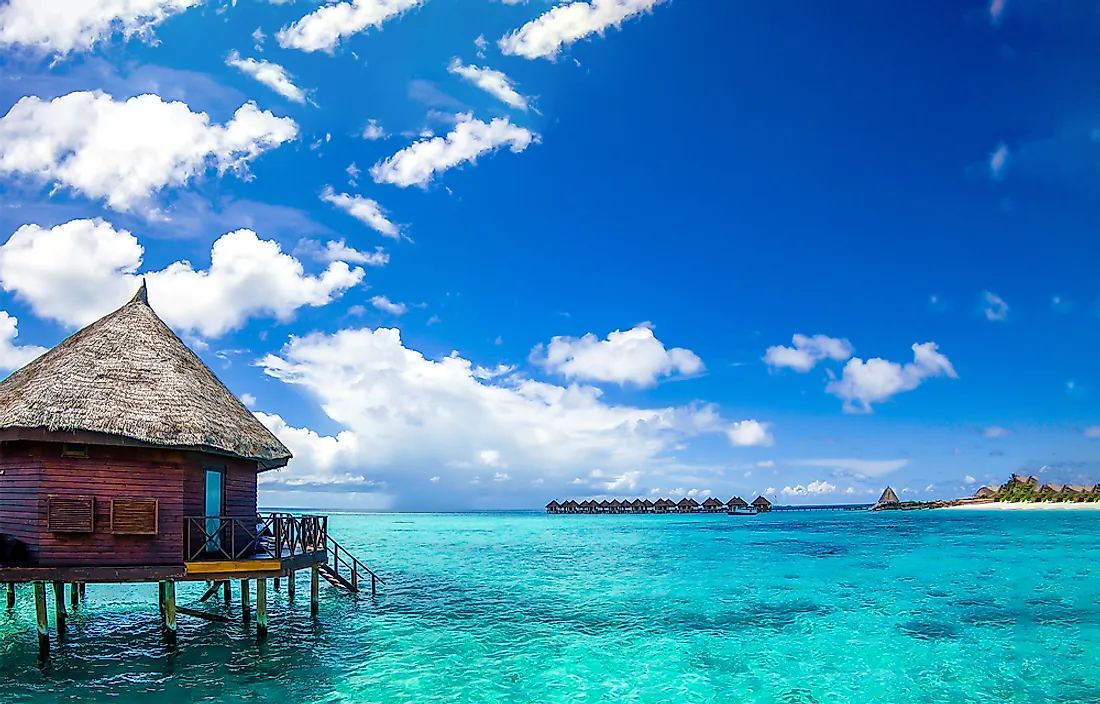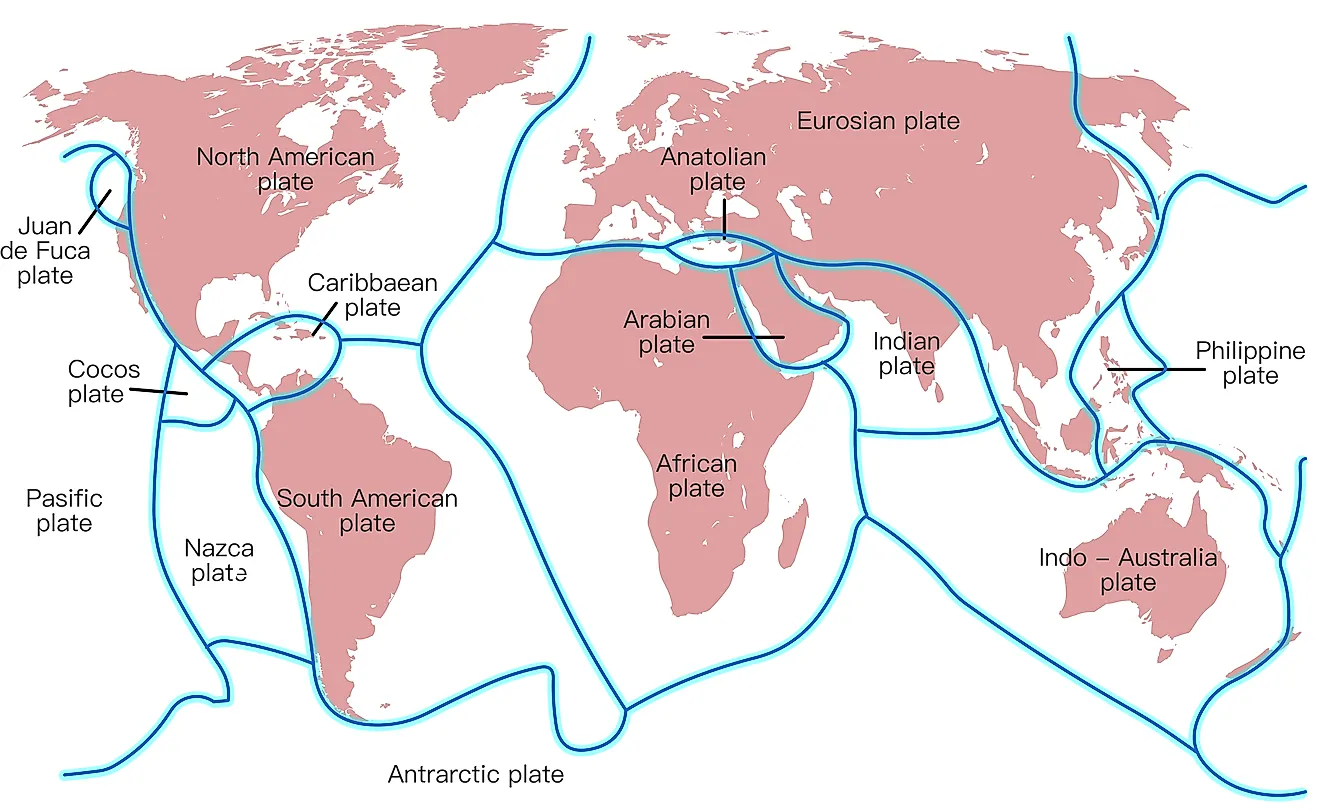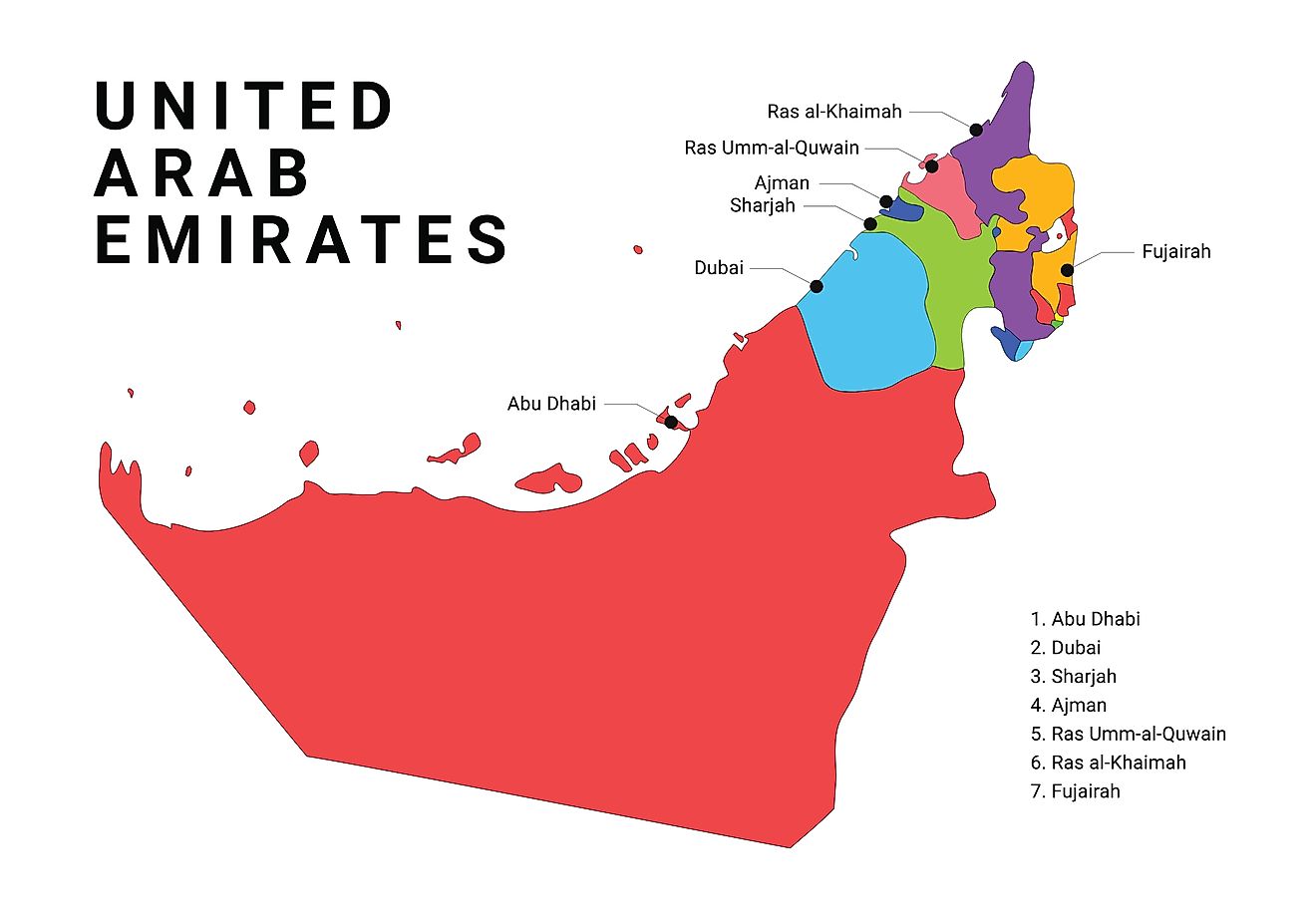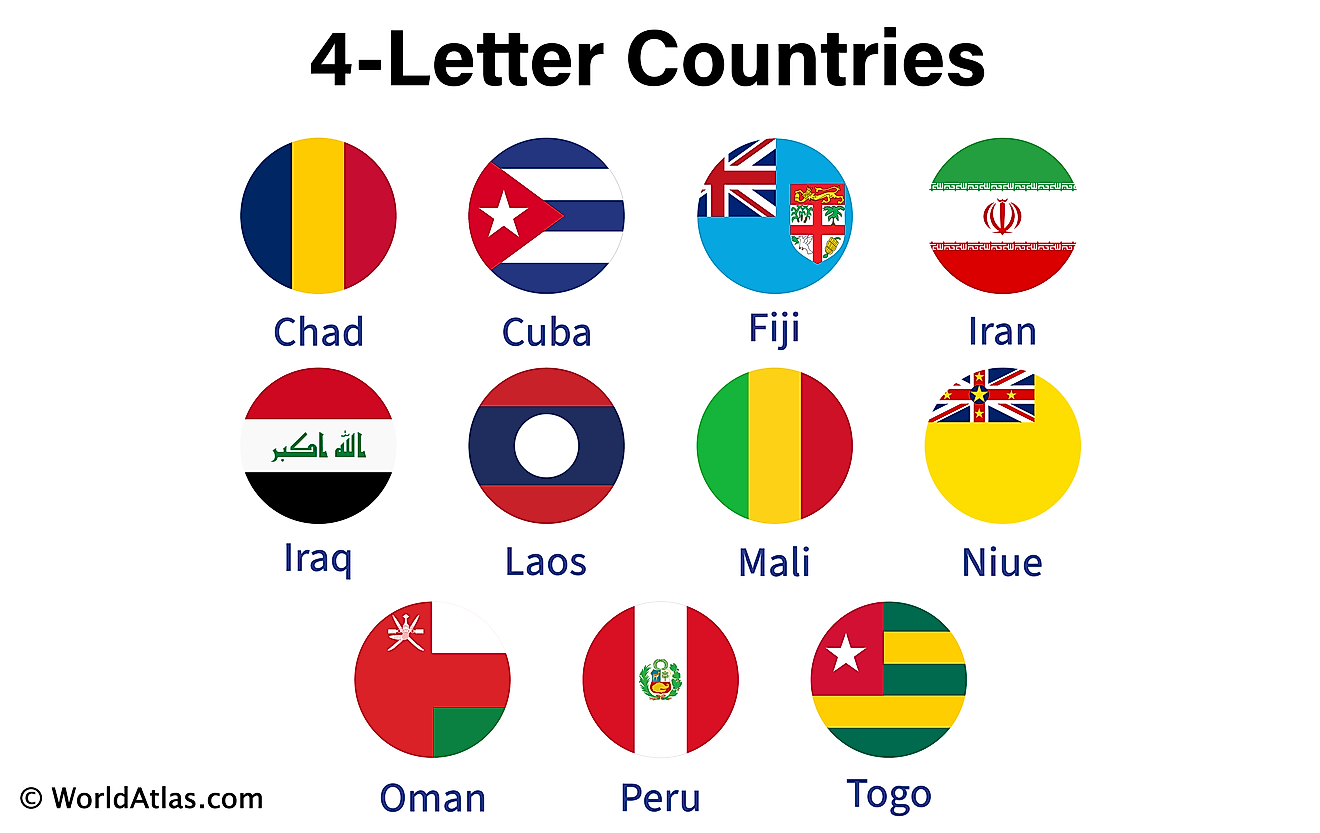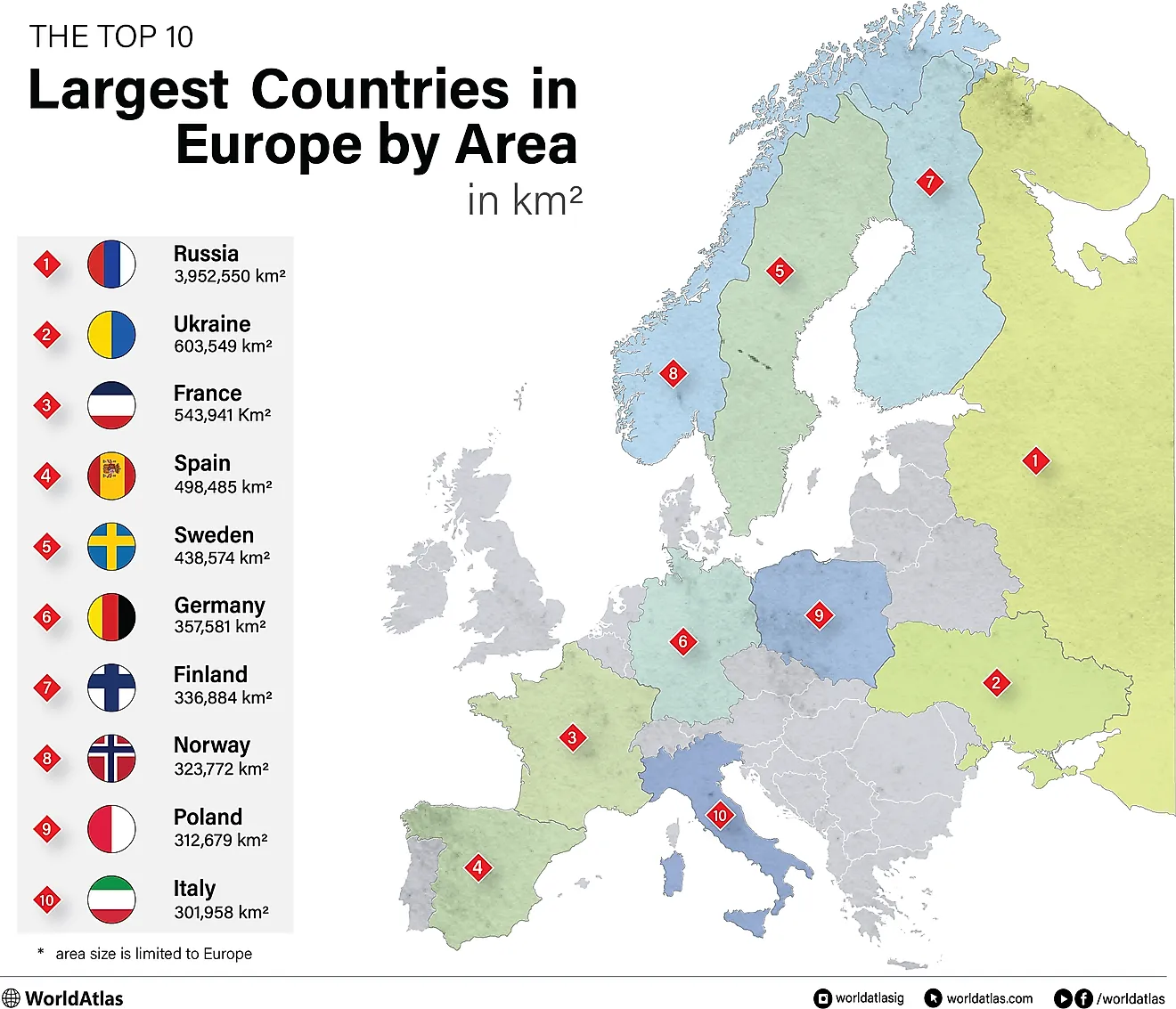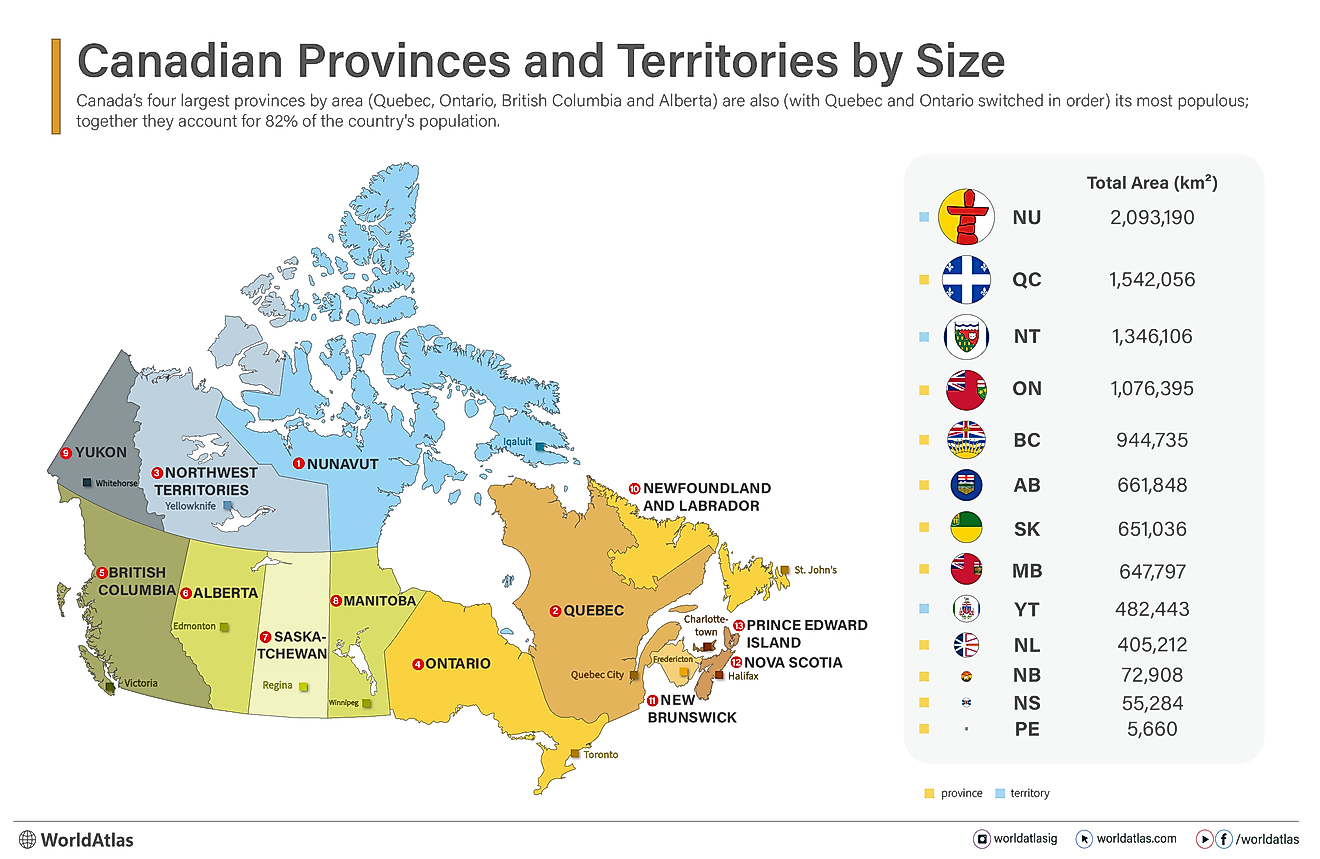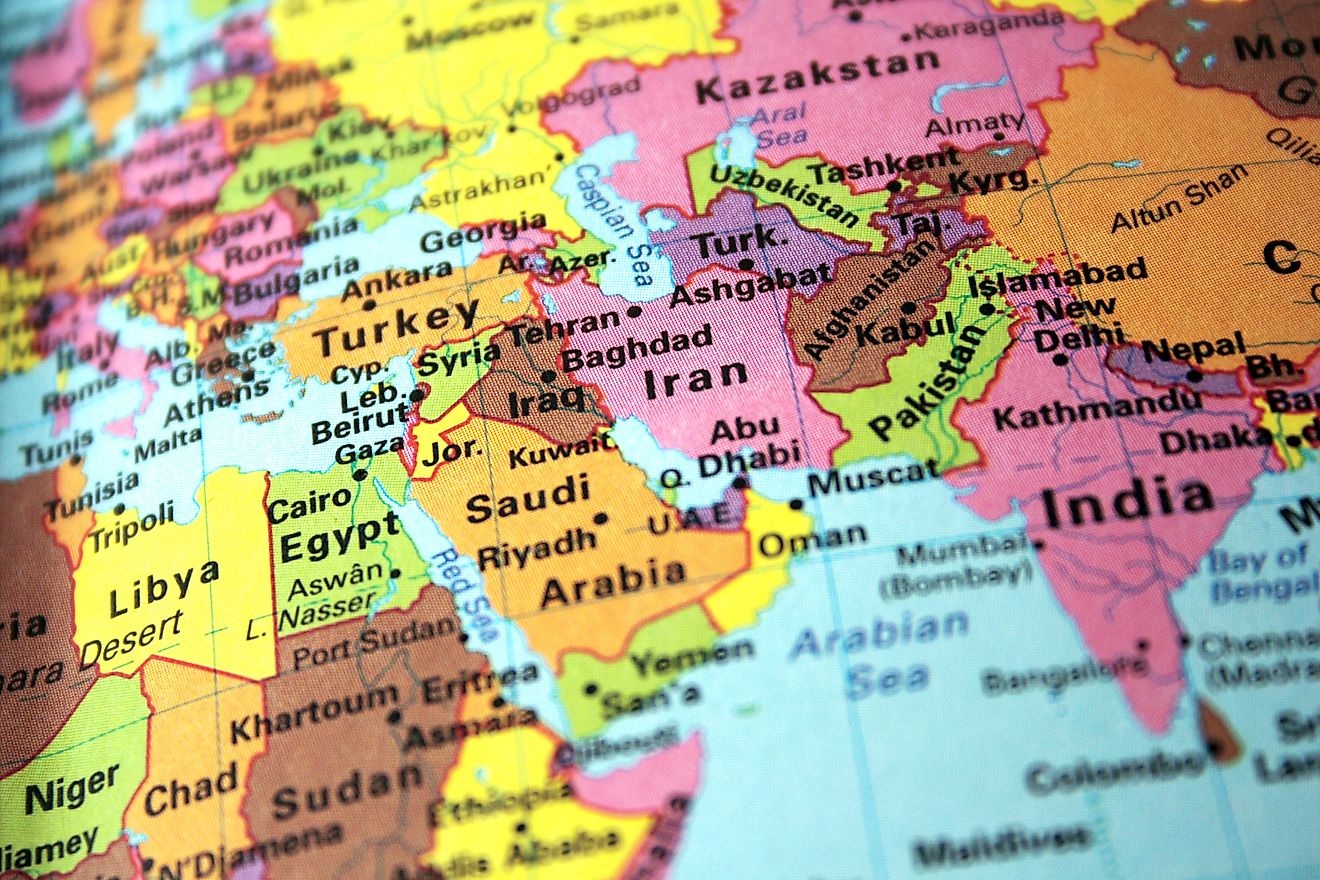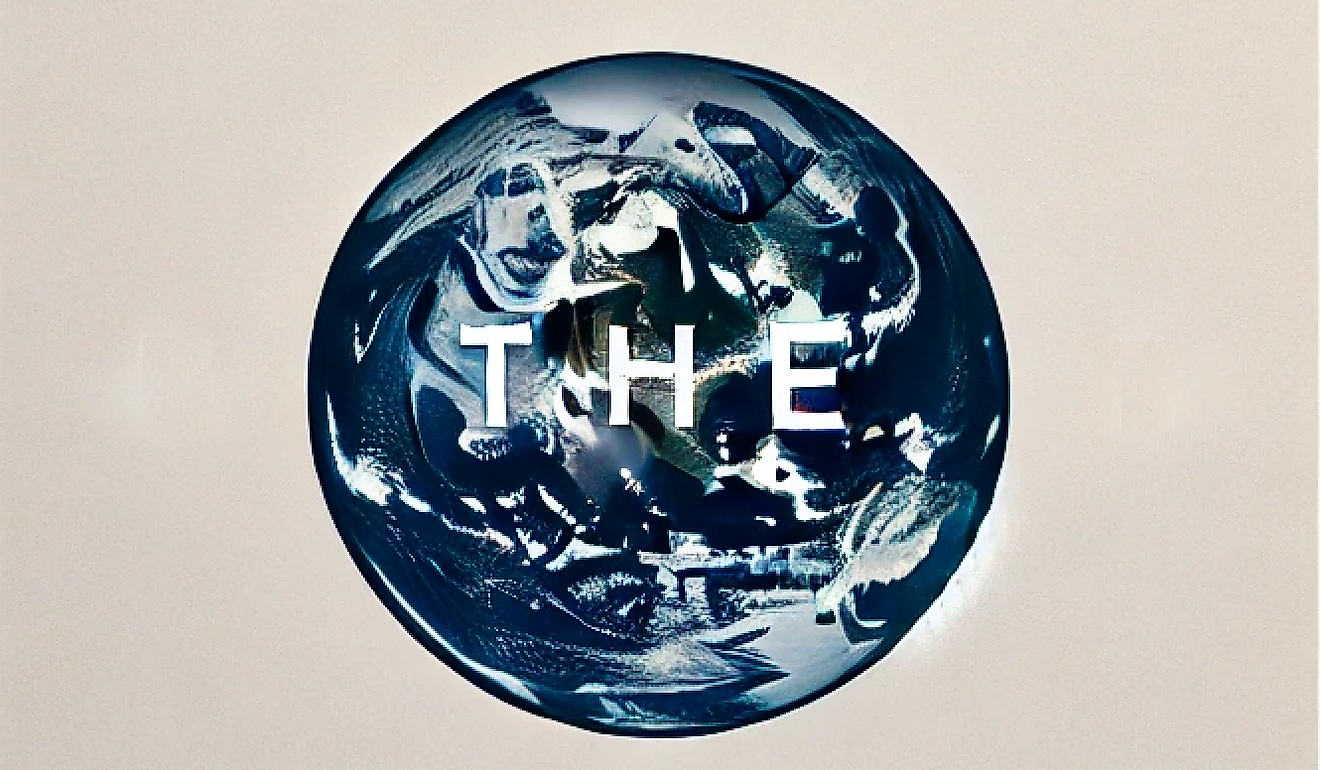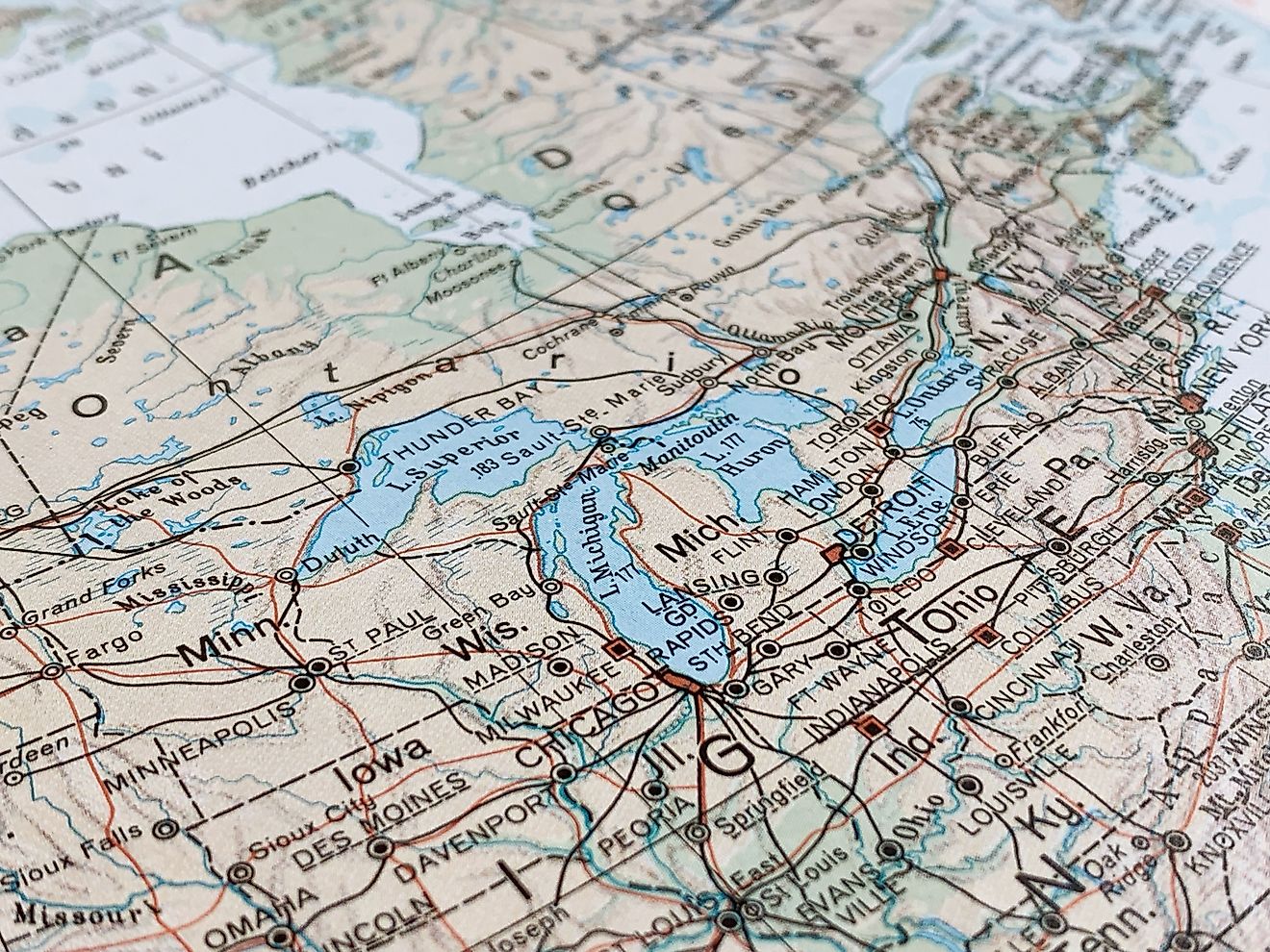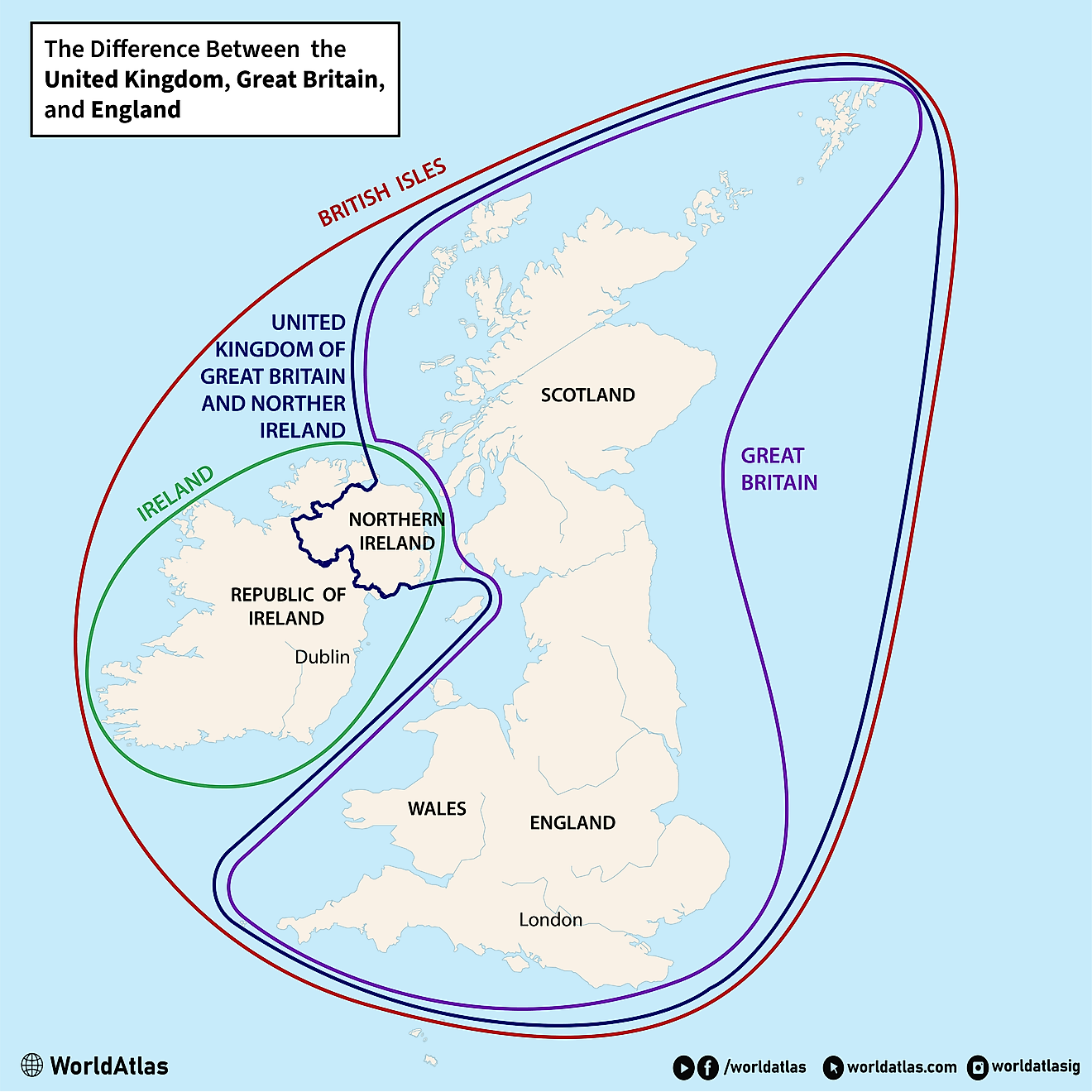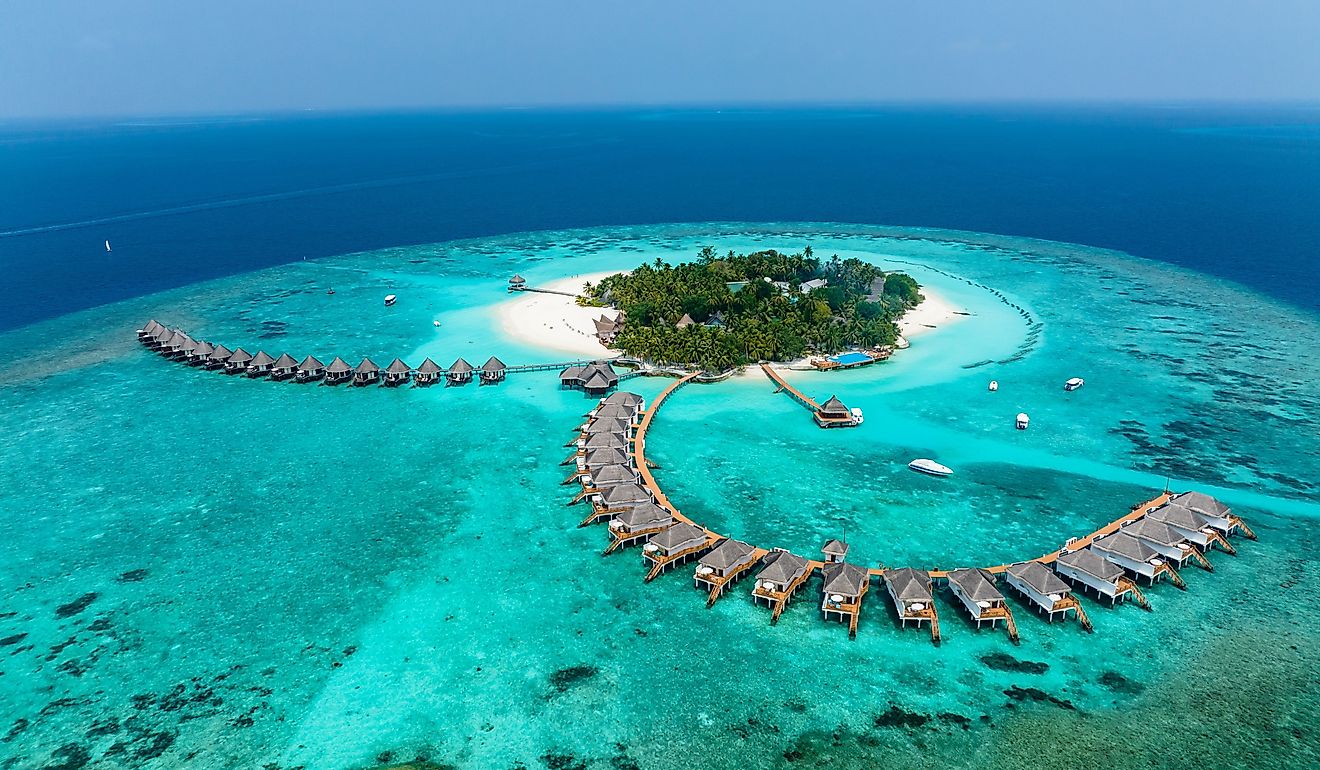
Countries That Start With The Letter J
Out of the world's 195 countries, there are only 3 whose names start with the letter "J." However, even though the sound "J" starts the names of only three countries in English, the "J" sound is used in roughly 90% of all languages!
Additionally, in English, the "J" sound appears in about 0.10% of all words. This fact comes from researchers at Cornell University who examined a set of 40,000 common words. Yet, how these 3 countries got their names that start with "J" is a fascinating story, so keep reading to learn more.
Countries That Start With The Letter J
| Country | Population | Land Area |
|---|---|---|
| Jamaica | 2,825,544 | 4,243 mi2 |
| Japan | 123,294,513 | 145,913 mi2 |
| Jordan | 11,337,052 | 34,495 mi2 |
Jamaica
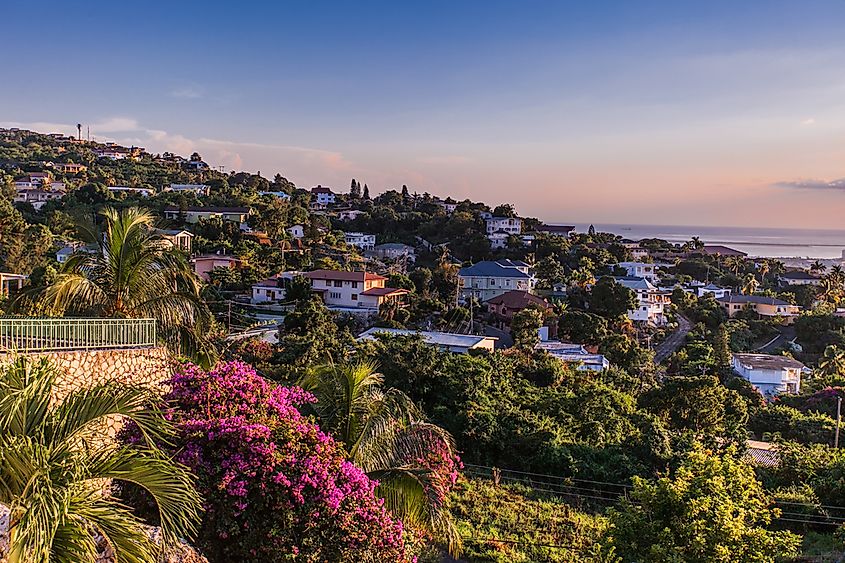
Jamaica gets its name from the indigenous Taino people who inhabited the island before European colonization began in the early 16th century. Originally called Xaymaca, meaning "Land of Springs" in Taíno) the pronunciation eventually changed to Jamaica years later.
Jamaica is an island located in the middle of the Caribbean Sea and shares no land borders with other countries. Despite its small size and population, this tiny Caribbean island has had a profound impact on modern culture, especially in the form of music.
Culture
The majority of the Jamaican people are of African origin and descend from slaves who were brought over from West Africa through the Trans-Atlantic Slave Trade between the 16th and 18th centuries. As a result, large aspects of Jamaican culture are unmistakably African. Especially when it comes to traditional dress.
Jamaican music took the world by storm during the 1960s and 70s and still remains one of the most celebrated cultural contributions that Jamaica has made. Contrary to popular belief, Rastafarians only make up a small percentage of the island's demographics with the vast majority of Jamaicans adhering to some form of Christianity instead.
Economy
Jamaica is far from being a rich country but it has made considerable strides in the right direction to diversify its economy. Agriculture remains the mainstay of the Jamaican economy with the export of sugar, bananas, and coffee being some of the notable crops.
Tourism has taken off in Jamacia and has now risen to become one of the most sought-after tourist destinations for Americans to visit. Various world-class resorts have been constructed all across Jamaica to accommodate this recent influx of foreign visitors.
Japan
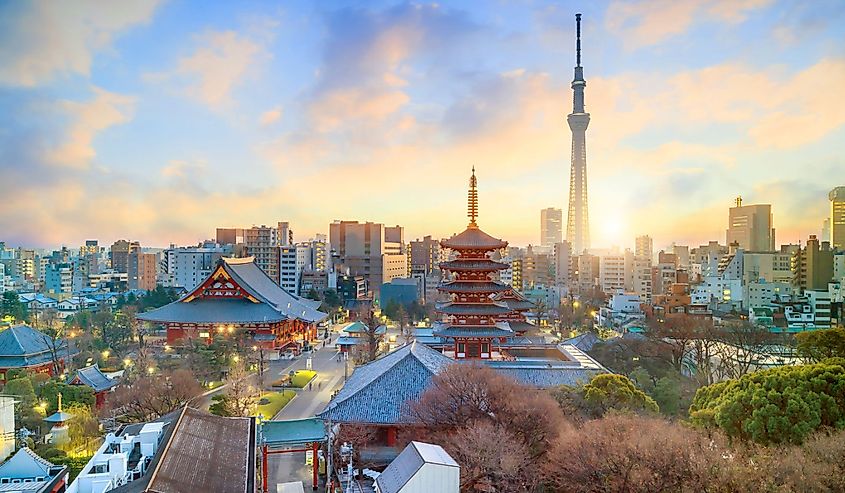
Japan, known as Nihon or Nippon in the Japanese language, translates into "the origin of the Sun." Japan's English name originates from early Portuguese translations of the Chinese name for Japan, Cipan. Over the years this eventually morphed in Japan.
Japan is made up of four major islands while also laying claim to dozens more off its shores. Today Japan is world renowned for its beautiful culture, high standard of living, and rich history. It remains one of the most visited nations on Earth for international travelers.
Culture
The Japanese culture is known around the world for its values pertaining to respect and politeness. Japan is an incredibly conservative country in regard to social interactions. Interactions with elders and strangers are expected to be formal and courteous.
Japanese culture, both past and present, has managed to capture the attention of millions around the world. Whether it's a fascination with Medieval samurai or the latest episode of an anime series, countless foreigners cannot get enough of Japan one way or another.
Economy
Japan is one of the richest nations on Earth. Despite having its economy utterly crushed after the Second World War, it was able to rebuild with astonishing speed and effectiveness. The Japanese economy is robust and has its hands in just about every sector.
High-end tech and manufacturing seem to be the bread and butter of the Japanese. The production of top-notch consumer products like computers and cars has hooked the world on Japanese products. Trade plays a major role in the ascension and success of the economy.
Jordan
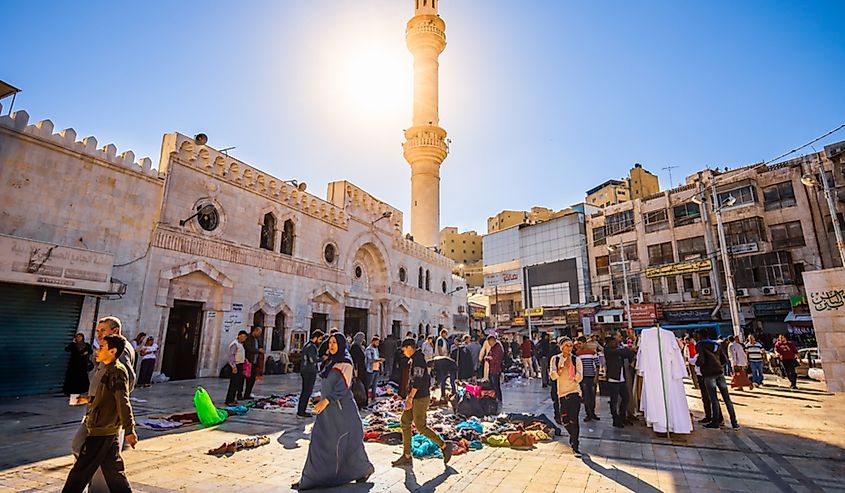
Officially known as the Hashemite Kingdom of Jordan, this small country can be found in the Middle East. Specifically Western Asia on the eastern side of the Jordan River from which it gets its namesake.
Jordan borders the nations of Saudi Arabia, Iraq, Syria, Israel, and the Palestinian territory of the West Bank. Jordan is a relatively young country and was born out of the chaos following the First World War. In 1946, after being a British protectorate for around 30 years, the young country was given its independence.
Culture
Jordan is a majority Arab, majority Muslim nation. There are small minorities of Iraqis, Syrians, and Palestinians that live in the country as well. The second largest religious group in Jordan is Orthodox Christians but they make up as little as 2% of the total population.
Jordanian culture is centered around the family and a close-knit community. In the more rural areas of Jordan, the ancient nomadic lifestyle of the Bedouin people is still alive and well.
Economy
The economy of Jordan is small but surprisingly diverse. Unlike some of their neighbors, Jordan does enjoy the same level of natural resources, especially oil. This has forced the Jordanian government to look elsewhere for economic growth.
Jordan trades heavily with its neighbors in things like chemicals, textiles, and potash. The biggest problem the Jordanian economy faces is the steady flow of young talent leaving the nation in search of better opportunities. Jordan has lost an estimated 400,000 people since the 1980s to what is sometimes described as "brain drain."
Conclusion
Even though there are only three of them, each country that starts with the letter J is incredibly interesting and unique. With two of these countries in Asia and another in the Americas, these J countries are certainly worthy of your attention.
